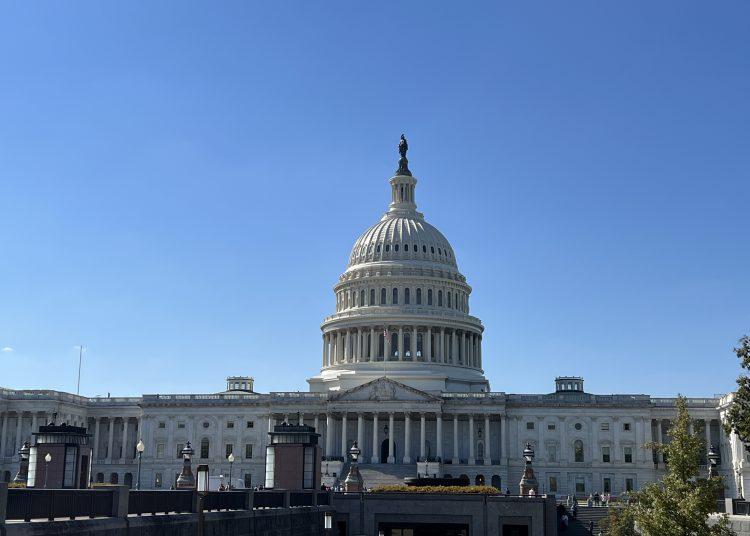WASHINGTON – On Wednesday, U.S. House Republicans after negotiations with Iowa’s delegation and others narrowly passed a bill by a 217 to 215 vote that would suspend the $31.4 trillion debt ceiling. The bill, H.R. 2811, entitled the “Limit, Save, and Grow Act of 2023” would implement spending cuts over the next decade.
The bill suspends the debt ceiling limit through March 31, 2024, or until the debt increases by $1.5 trillion, which ever happens first. It also implements discretionary spending limits for FY2024-FY2033 that include decreases in discretionary spending. It reduces discretionary spending to 2022 levels, capping growth at one percent a year. The Congressional Budget Office stated that if those limits are fully implemented it would lower their projection of budget deficits approximately $4.8 trillion over the next decade.
H.R. 2811 also rescinds certain unobligated funds that were provided to address COVID-19 and to the Internal Revenue Service, as well as, nullifies the Biden Administration’s actions cancelling federal student loan debt and implementing an income-driven repayment plan for student loans. The legislation also includes new work requirements for Medicaid and expands the work requirements for SNAP and the Temporary Assistance for Needy Families (TANF) program. The bill also requires major federal rules likely to result in an annual economic effect of at least $100 million to be approved by Congress before they take effect.
The Senate is not expected to pass the bill and the Biden Administration said the president would veto the bill. However, House Republicans hope that the bill’s passage will force President Biden to negotiate.
Speaker Kevin McCarthy, R-Calif., had to negotiate with members of his own party in order to pass the bill. All four members of Iowa’s U.S. House delegation and members from other corn producing states said they were a “hard no” on the bill unless it is revised removing cuts to biofuels tax credits.
The bill included repeals or modifications to tax credits for renewable and clean energy, energy efficient property, alternative fuels, and electric vehicles. Before the vote, McCarthy gave concessions that won the support of U.S. Reps. Mariannette Miller-Meeks, R-IA 01, Ashley Hinson, R-IA 02, Zach Nunn, R-IA 03, and Randy Feenstra, R-IA 04.
They released a joint statement after the vote:
“The biofuels industry drives the Iowa economy and is vital to our nation’s energy security. We are proud to deliver a major victory for this industry and our whole state in these negotiations.
“Since this proposal was unveiled, our delegation has stood united for Iowa’s farmers and producers fighting to amend the bill to protect biofuels tax credits. Having successfully amended the bill to protect funding for these tax credits, our delegation will vote for this legislation, which is a starting point to avoid a default and cut wasteful spending. As negotiations continue, we have made it crystal clear that we will not support any bill that eliminates any of these critical biofuels tax credits.
“Iowa farmers and producers feed and fuel the world, and we will always have their backs. Now, it is past time for President Joe Biden to stop playing politics with our nation’s fiscal health, which means working with us to cut wasteful spending and prevent a catastrophic default.”
Gov. Kim Reynolds praised Iowa’s delegation’s work to preserve the tax credits.
“I commend the members of Iowa’s Congressional Delegation for their steadfast efforts to stand up for biofuels throughout the negotiations on the House debt limit package. Their commitment helped protect an industry that contributes over $6 billion to Iowa’s economy and accounts for over 60% of Iowa’s corn. I want to thank Speaker McCarthy for working with the delegation to find a compromise that continues the conversation while recognizing the importance of biofuels to our country,” she said in released statement.
















